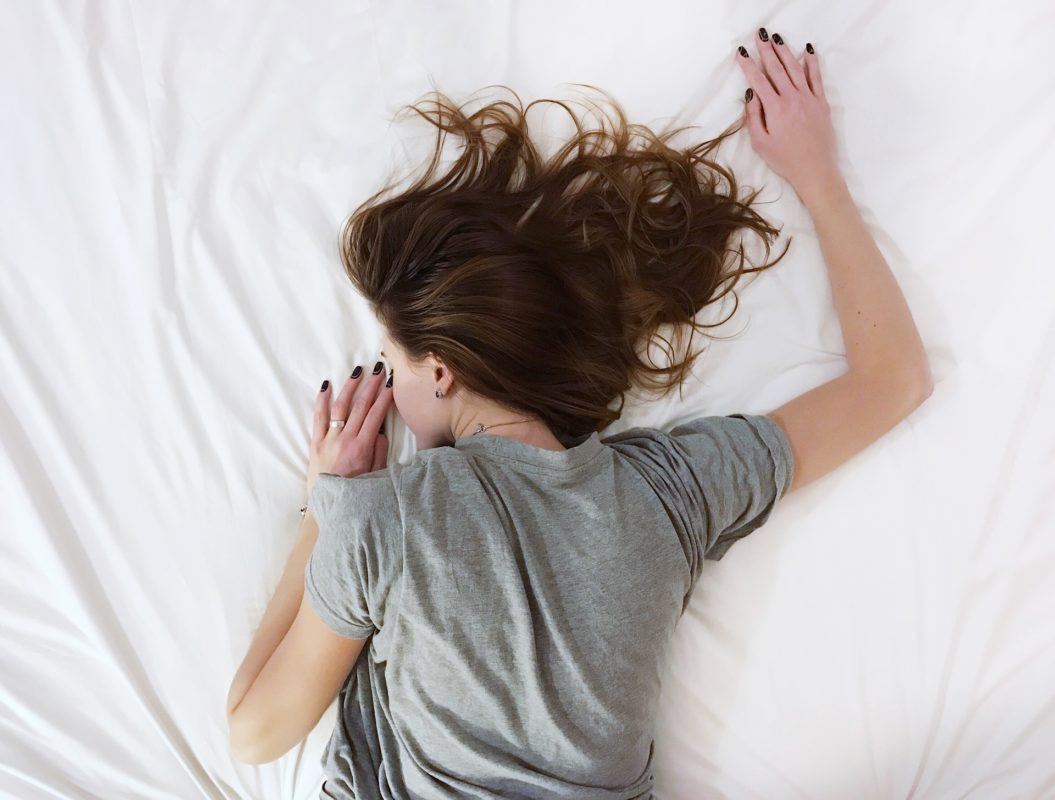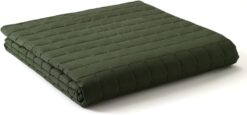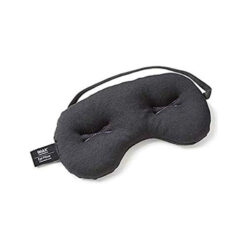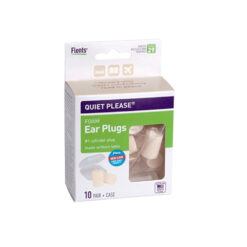As you’ve probably found out for yourself, getting enough quality sleep can be an issue for the ASD crowd. Don’t stress, McFly. We’ve got you covered. Here are the basics of what’s going on with your nocturnal frustrations and what you can do about it.
Sleep 101
Eat well, exercise, and get enough good sleep. That pretty much covers the ground-level basics of good mental and physical health in this life. But what if sleep eludes you? Maybe you can’t get to sleep. Maybe you can’t stay asleep. Maybe you’re someone who wakes up way too early and that’s it, you’re up for the day. Maybe you struggle with more than one of these. Without sleep, things can get fugly, fast.
You’re not alone. In fact, there’s a huge industry out there thriving off the legions of the sleepless. They sell tonics and potions, pillows and clothing, machines and whatever else you can think of because people can’t live without sleep. It’s biology. But let’s strip all that away and get down to the basics, shall we?
You’ve probably already learned that it’s recommended to get at least 7 hours of sleep each night. And that lack of sleep can leave you grouchy, accident-prone, hyperactive, poorly able to focus, and a host of other undesirables. What you may not know is that the sleep you get needs to be uninterrupted by light, sound, disturbances from alcohol, medication, or a huge meal. On top of that, your sleep needs to clock in on the regular. This business of catching up later isn’t a thing.
Check MedlinePlus to learn more about the basics of getting a good night’s rest and your health >>
So there’s a lot already to nail down and for autistic people, scheduling it all in can be challenging. But guess what? #NotGreatNewsAlert. You as an autistic person may have some extra extra to handle.
Sleep & Autism
Insomnia is not your friend. We autistic peeps tend to have more trouble than most falling asleep and staying asleep. In addition, Spectrum News reports:
“Sleep in people with autism may also be less restorative than it is for people in the general population. They spend about 15 percent of their sleeping time in the rapid eye movement (REM) stage, which is critical for learning and retaining memories. Most neurotypical people, by contrast, spend about 23 percent of their nightly rest in REM.”
Why are we so special? Check the Spectrum News piece above for the deets but the quick version is, the issues that come with living on the spectrum are great ways to disrupt sleep.
ASD Sleep Hacks
So what can you do about it? The good news is that the tips and tricks that work for other people are likely to work for us too. Why? Because neurotypical people are likely being kept up by anxiety, gastrointestinal issues, and sub-optimal environments too.
Ask around and you’ll find the following advice for improving the quality and quantity of your sleep. These are a few tricks I’ve picked up along the way. You’ll likely be familiar with many of them. Try one at a time over a few nights each to see which work for you. Then you’ll be able to make up your own personalized bedtime routine. And, as always, the product suggestions here are guidelines–follow your own needs, budget, and local availability.
Establish a pleasant bedtime routine
Hey! We love routines, amirite?! Get the jammies on. Turn off all the digital do-dads. Brush and floss. Do what you do to get ready for bed but try it at the same time nightly. Put on soothing music, if that works for you. The soothing scents of lavender and vanilla, perhaps? Whatever you choose, start at the same time, go through the same steps in the same order (using your favourite method to manage that), and you’ll be signalling to your brain, hey buddy, time to shut it down! Hopefully, within a week or so, buddy will get the message and cooperate.
Make your bedroom a shrine to sleep
That means no laptops, snacks, puzzles, or whatever else you’re doing in there that isn’t sleeping or business time. Cut it all out. Move it to a different space, if you have it. If you don’t, just keep it off the actual bed. Show your brain who’s boss when it comes to catching the zzzzzz’s.
No more naps
That’s right. Napping feels nice, I know. But, if you want to feel sleepy at night and sleep through the night, try saving up that pillow time for bedtime.
Keep it cool
Many of us experience temperature sensitivities. In addition to cozy, breathable bedding, try to get that bedroom temp just right. A little on the cool side works well. Windows open or closed is up to you.
Keep it comfy
What do you like to sleep in? Is it soft enough? Is it loose enough? Do you prefer your birthday suit? Whatever you choose, it shouldn’t be the cause for you waking up in the night. What do you sleep on? The cost of a good mattress is always worth it. Get what you can afford. Be creative if your funds are tight. There’s no reason at all to spend umpteen thousands on a bed though. There are many options within most people’s reach. If you’re in a pinch, there are mattress toppers, alternative mattress types such as air, water, and mats, and reconditioned goods. Proper support is essential for sleep health so do the best you can to give that to yourself.
Keep it dark
Blackout curtains can help eliminate outside light. There are even stickers to cover up those LEDs on every damned thing. Turn your clock towards the wall.
Keep it quiet
As much as you can, eliminate noise. Some of us can lie awake all night listening to the hum of the refrigerator with our super-hearing (been there). There will always be some noise somewhere that is necessary or beyond your control. If you can’t filter them out or mask them, there are always earplugs. Silicone and wax are nice because you can shape them to your ear and they work for side sleepers.
Eat right in the night
Keep your last meal of the day light and finish eating 3 hours before you plan to turn in. You’ll make your own rule on the specifics of this but the idea is to allow your body sufficient time for digestion before you begin your bedtime routine. Still hungry, drink some water, camomile or valerian tea, or have a small snack. Just remember to avoid caffeine and brush and floss before lights out.
Tire yourself out
If you’re not getting enough exercise — and you know when you’re not! — get moving. Bodies like to work and they like to recover. Give your body what it wants. Just do it 4-5 hours before bedtime.
Chill
That’s right. What do you do to relax and calm yourself? Read a book (actual paper is soothing to the mind, I find), listen to downtempo music, meditate following your breath. The things you already do are the gateway to good sleep. Your body already knows and trusts the feeling you get from them so go right ahead and do them. Just keep the screens out of the picture, k?
There is so much on improving sleep out there but I wanted to make sure that you, my ASD crew, have the info you need to be your best self. These hacks shouldn’t cause you more stress and anxiety! They’re supposed to feel good. If one doesn’t work for you, that’s fine! Find one or more that do.
If you have any good tips to share, leave them in the comments for others to try for themselves.
Sleep well, beautiful people!
Bonus: Sleep Stories
For a completely engrossing story about the effects of intentional sleep deprivation, listen to the excellent Hidden Brain’s podcast episode, “The Haunting Effects Of Going Days Without Sleep“. Just don’t listen before bed.









